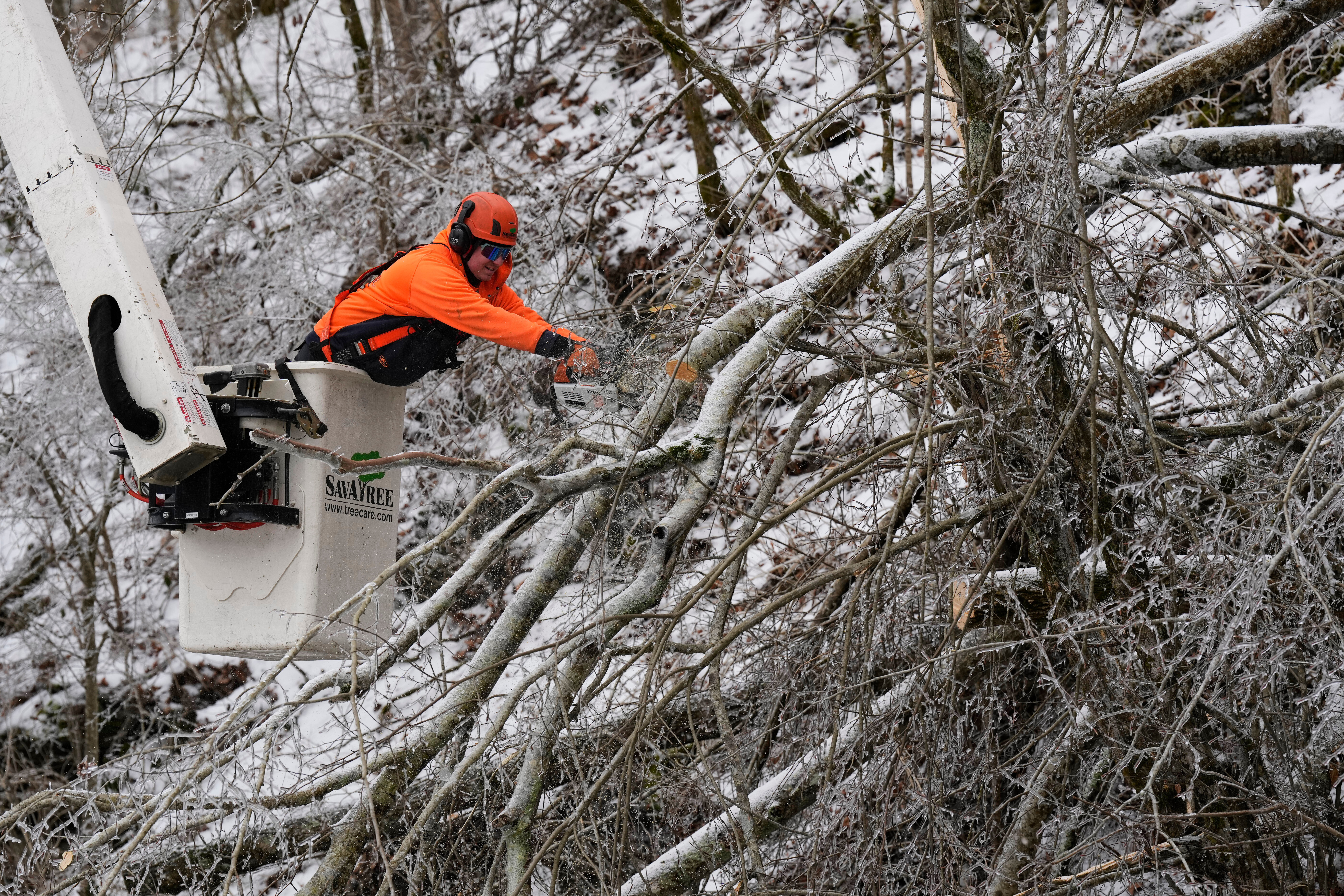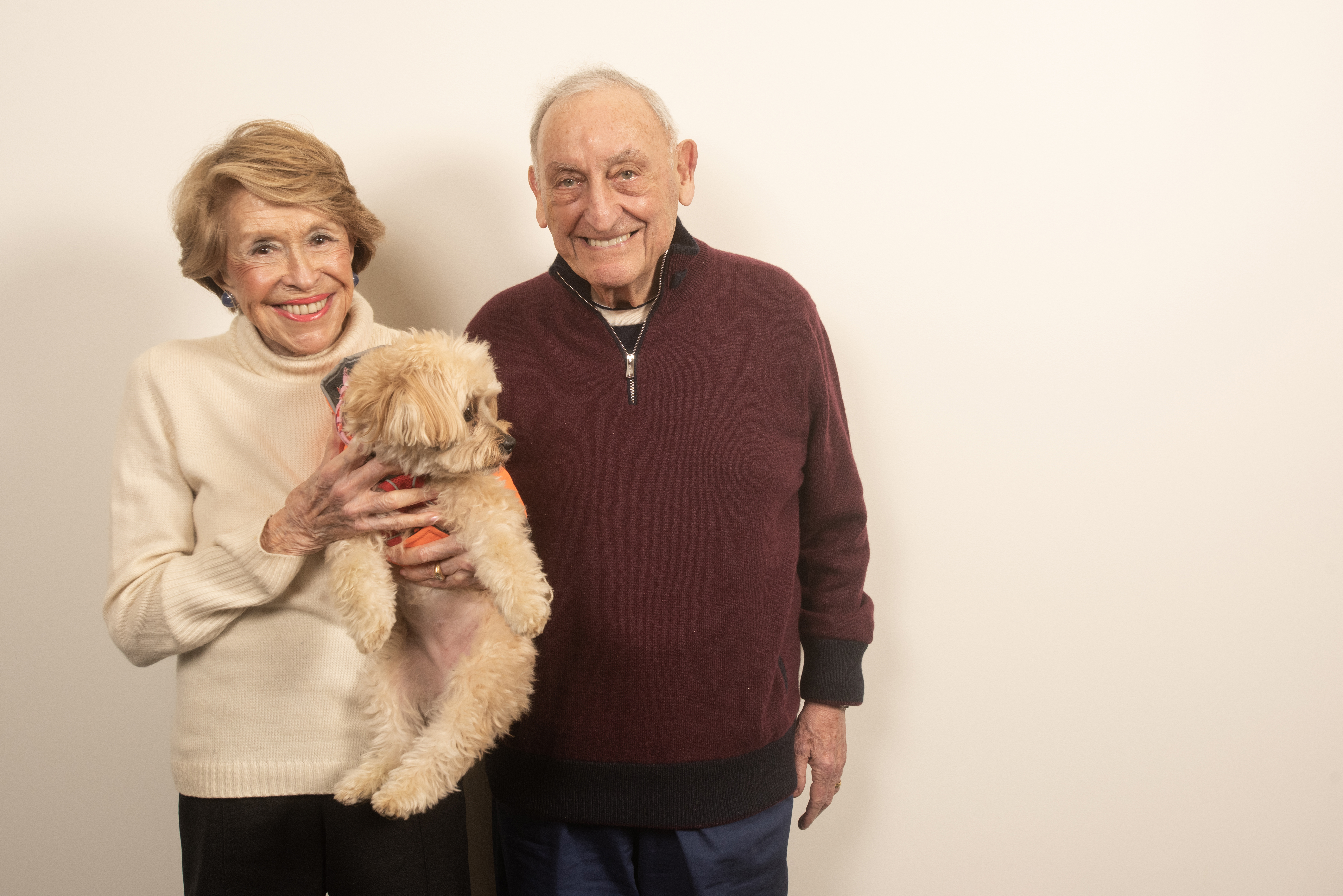You know those people who claim they can get by on less than six hours of sleep a night? Turns out a few of them might be onto something. And we mean a few.
"They never use an alarm clock, they rarely yawn, don't need caffeine, and no naps." (Via ABC)
NPR reports so-called "short sleepers" make up a very small percentage of the population. "If you think you're one, you're probably kidding yourself. … With just five or six hours' sleep, they're more energized than regular sleepers." (Via NPR)
And less sleep isn't hurting these short sleepers.
"All day long, they are very active. They are very optimistic. They are go-getters." (Via ABC)
A husband and wife team of scientists at the University of California, San Francisco, is studying the genetics of sleep and short sleepers. (Via Laboratories of Neurogenetics)
Dr. Ying-Hui Fu has discovered less than 1 percent of the population is biologically capable of comfortably running on six hours of sleep or less. (Via Science of Sleep)
And "biologically capable" is the catch — it's a genetic mutation.
"Is the amount of sleep we naturally need hardwired to our bodies, or can we learn sleep patterns?"
"It's largely genetic. That's what researchers are finding." (Via The Wall Street Journal)
According to CNN, Fu's lab has only found 20-30 people with the genetic mutation that allows them to get by on less sleep.
Fu told CNN, "It's hard to tell how frequent this mutation is."
But with time and research, there might one day be a drug that changes the circadian rhythm, or internal clock, that controls sleep.
Fu's husband, Dr. Louis Ptáček, also studies sleep patterns — he focuses on circadian rhythms. Ptáček told The Wall Street Journal he hopes to begin testing drugs that will alter circadian rhythms. These drugs might eventually treat jet lag and enhance chemotherapy treatments. Fu hopes to find a drug that's better than caffeine at reducing the amount of sleep needed.
But it’ll be awhile before these sleep-related drugs are available, so if you're hoping for something to ease that jet lag … clocking a solid eight hours of sleep might be your best bet.










